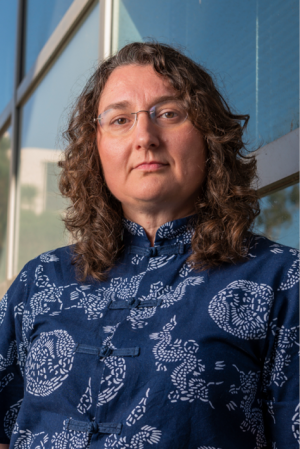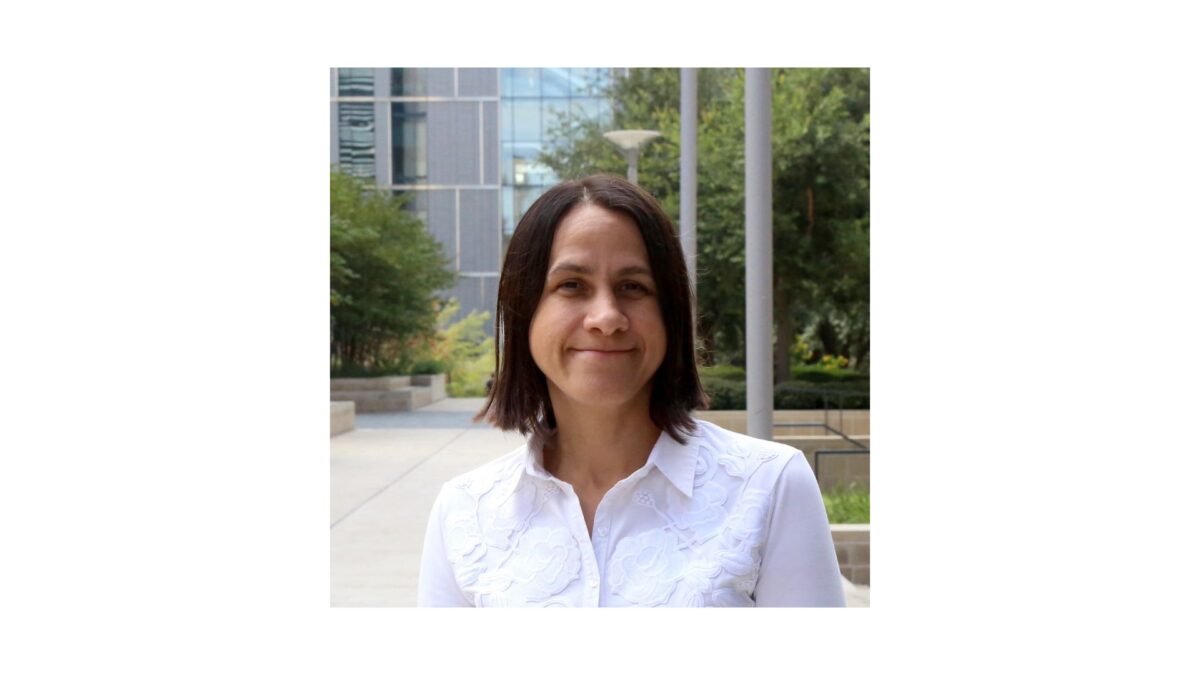
- This event has passed.
CBE Seminar: Susannah Scott (UCSB)
September 11, 2024 @ 3:00 pm - 4:00 pm

Valorization of polyolefins via tandem catalytic up cycling, from monomers to higher value molecules
Abstract
The use of polyolefins to make small molecules, not limited to monomers which can be repolymerized, is an intriguing approach to recycle carbon and thereby keep plastic out of the natural environment. While catalytic hydrogenolysis leads to lower value alkanes, tandem ethenolysis-isomerization allows the selective conversion of polyethylene to the commodity monomer propylene. Hydrogen redistribution in the absence of added H2 can achieve tandem hydrogenolysis and dehydrocycloaromatization, resulting in higher value alkylaromatics at moderate reaction temperatures. The coupled reactions are greatly accelerated by the use of bifunctional hydrocracking catalysts whose acidity can be used to tune the selectivity towards surfactant-range alkylbenzenes. The key rate-determining and selectivity-controlling steps involve Brønsted acid catalysis. Unexpectedly, the presence of low pressure H2 in the reactor enhances rather than suppresses alkylbenzene formation, while suppressing undesired polyaromatic formation and accelerating the desired reduction in molecular weight. The number of alkyl substituents on the aromatic rings can be optimized via catalytic transalkylation. Other tandem processes, including the selective conversion of polyethylene to monomers under mild reaction conditions, can be designed to achieve alternative desired reaction outcomes.
Biography
Susannah Scott is a Distinguished Professor in both Chemical Engineering and in Chemistry & Biochemistry at the University of California, Santa Barbara. She received her Ph.D. in Inorganic Chemistry from Iowa State University, under the direction of Jim Espenson and Andreja Bakac, for her work on the activation of O2 and transition metal-catalyzed oxidation mechanisms. She was awarded a NATO Postdoctoral Fellowship for work with Jean-Marie Basset at the Institut de recherches sur la catalyse (CNRS) in Lyon, France. In 1994, she joined the faculty of the University of Ottawa (Canada), where she was named a Canada Research Chair. In 2003, she moved to the University of California, Santa Barbara, where she currently holds the Duncan and Suzanne Mellichamp Chair in Sustainable Catalysis and is Chair of the Santa Barbara Division of the University of California’s Academic Senate. She is an Executive Editor for ACS Catalysis, and a member of the Board of Reviewing Editors for Science. Her research interests include the design of heterogeneous catalysts with well-defined active sites for the conversion of conventional and unconventional carbon-based feedstocks, including the use of renewable and recycled carbon.
Website: https://www.scott.chemengr.ucsb.edu/
Prof. Fanxing Li is hosting Susannah Scott for this seminar.
